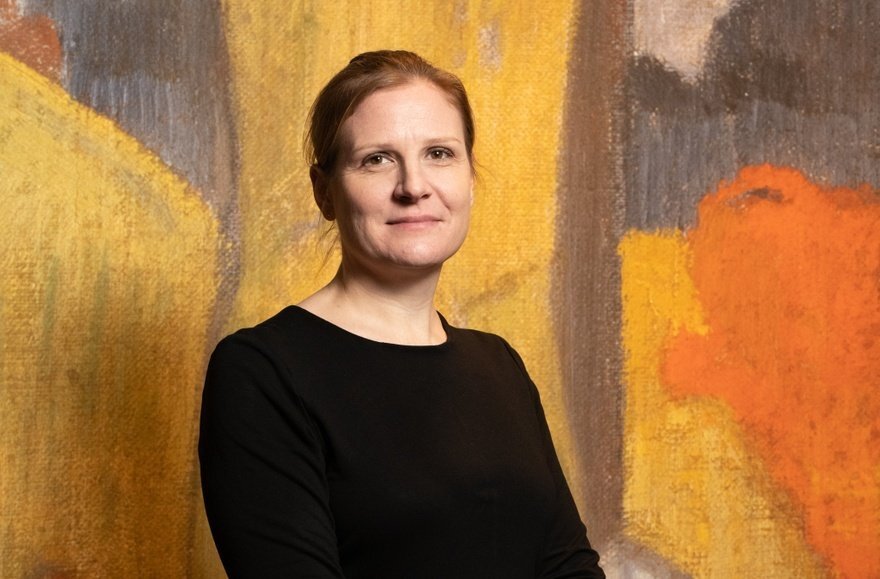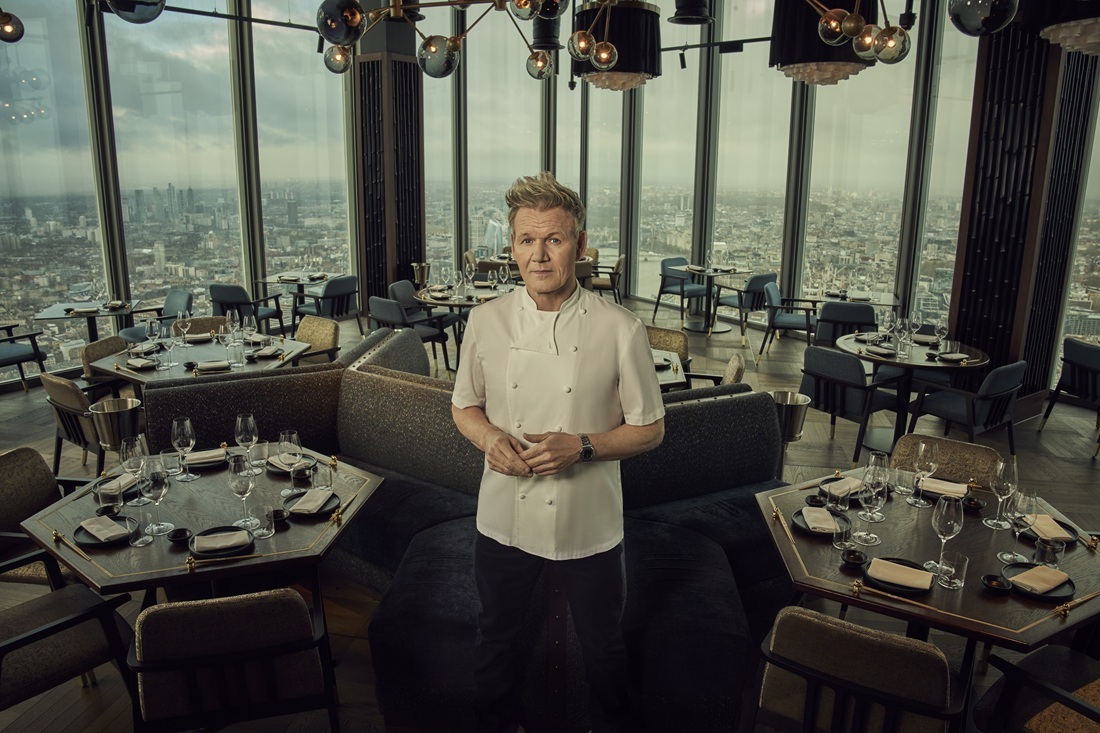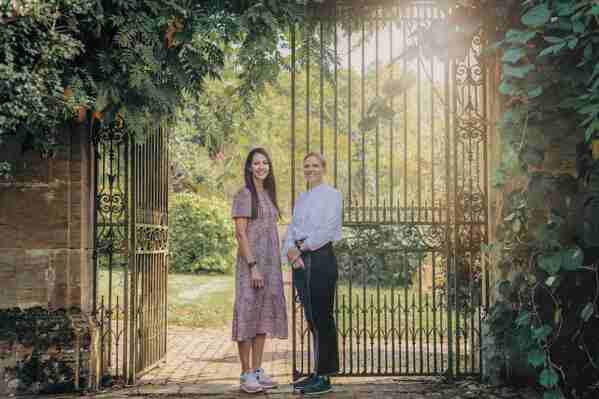Inside track: Follow your moral compass says Chantelle Nicholson
There’s a difference between doing the legal bare minimum, and being ethical.
I recently took part in a panel discussion on “the future of ethical hospitality” at the Conduit, a social club that is described as a “collaborative community of people committed to creating a just, prosperous and sustainable future”.
It was a lively chat, with quite a number of audience questions at the end, which I always take as a good sign of engaged listeners.
Often in business, as a founder/owner/do-it-all body, being ethical is something that subconsciously presents itself daily. Really knowing what your ethics are and what you are about, as both a businessperson and a human being, is fundamental to the way we act.
In the hospitality industry, at the end of the day, the intention is to bring joy to guests. Joy could be in the form of a delicious plate of food, a well-mixed cocktail that hits the spot, or a team member being warm and friendly. Our own ethics run through everything when bringing this joy, whether obvious or under the surface.
There are the slightly more objective parts, what is deemed to be ethically right and wrong, versus what is a legal requirement. Ethics comes down to how you treat people, employees, guests, and suppliers. While your actions may be legally correct, how ethical you are very much comes down to personal, and thus subjective, actions. The last two years have identified those individuals, leaders and operators who have acted in an ethically robust way, and those who clearly have not.
One of the further points that became a large part of the panel discussion was the notion of sustainability, and if we have an ethical obligation to make this a key focus.
We all agreed this was imperative but differed on what was a priority and what was achievable. There are a variety of aspects a business can choose to focus on, from cutting carbon emissions to reducing single-use plastic or even avoiding food waste.
From my perspective, it is all relative to each and every operation. What is achievable in one restaurant may be an insurmountable challenge in another, such as using renewable electricity as the only source of energy.
But, the most crucial factor, to me, is the ethos and the approach. If an operation takes the view that it will prioritise making positive changes, and consciously applies this to all of its inputs (such as food, beverage, the team, utility providers), and all of its outputs (examples being wastewater, rubbish, energy usage, chemical use) with a process that effectively evaluates best practices from as much of an objective framework as possible, it will be making headway.
My most practical advice on the night was not to have just one rubbish bin. Waste is a huge issue so separate bins, and waste management collection for recycling, general waste and food waste is the very minimum that all businesses should be working at in 2022, a year which, hopefully, will be much more positive than the last two.
















